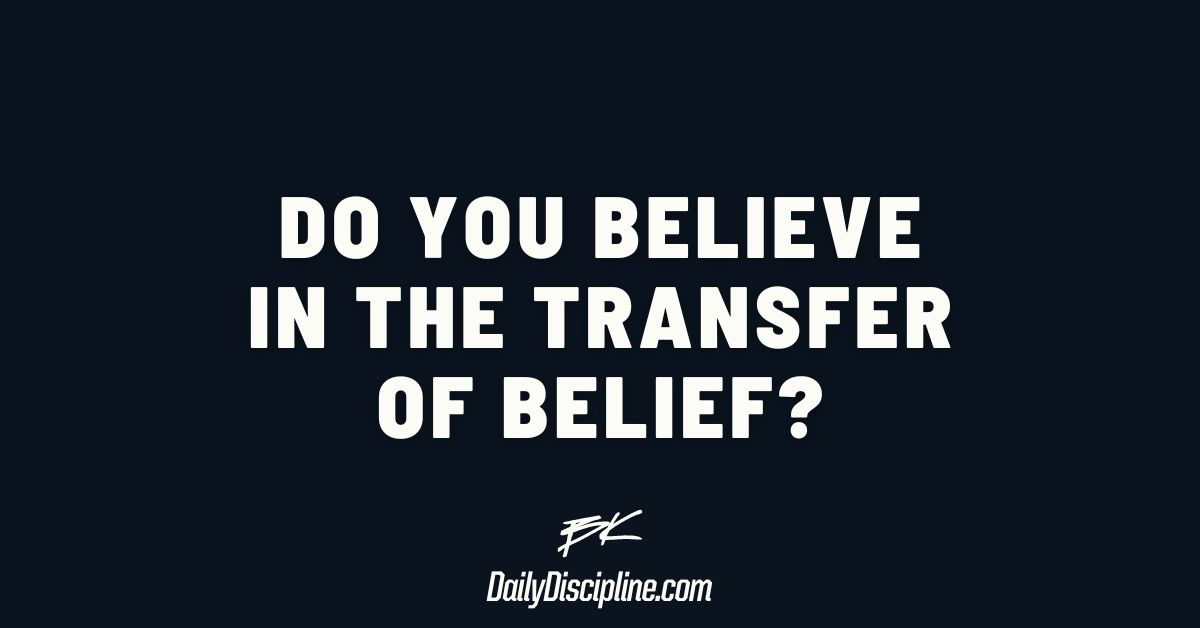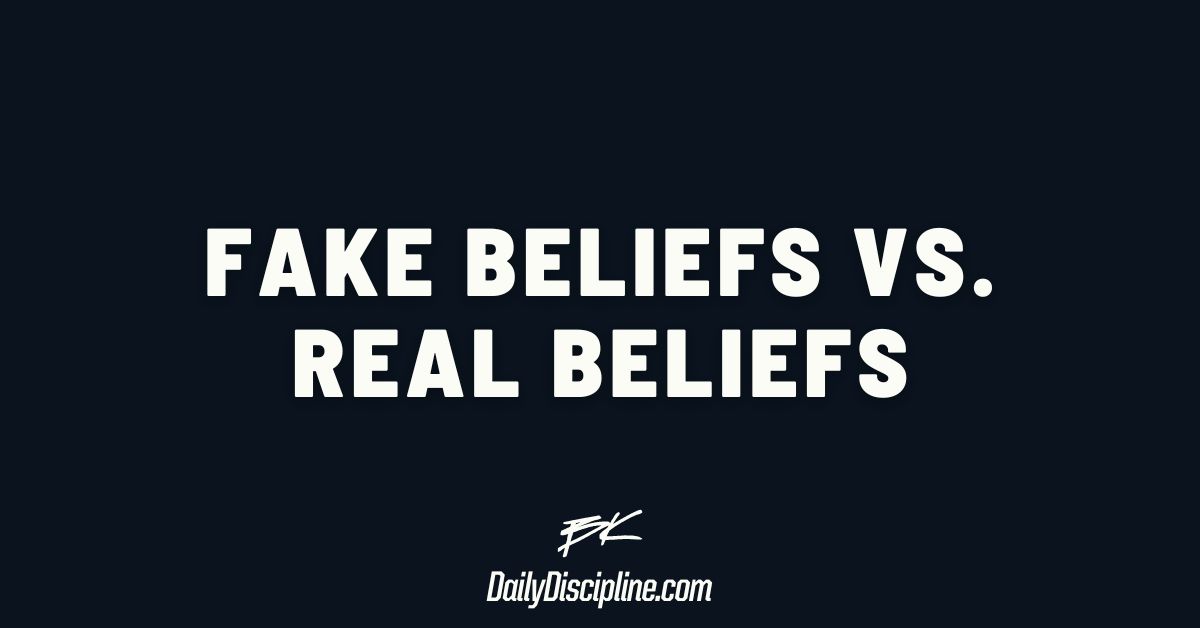"How do we decide what to believe and what not to believe?"
The answer we'd expect to hear, and likely the one we'd each provide, is that we decide what to believe based on what's accurate. If it's inaccurate or untrue, we wouldn't believe it.
If something is unproven or debatable, we hold our beliefs loosely, keeping our minds open to any insight that enhances the accuracy of our beliefs.
That's how we tend to think about the nature of what we believe. There's just one problem.
We don't decide what to believe based on what's accurate.
Wait, what?!
Yes.
We want to believe certain things, so we do. We don't want to believe other things, so we don't. Desire and preference shape our beliefs more than accuracy.
We don't choose and change our beliefs to maintain accuracy. Instead, we choose and change our beliefs to preserve comfort and consistency.
We decide what to believe based primarily on what's comfortable or comforting. Or just as often, what minimizes or alleviates our discomfort.
I'll share two examples.
First, intelligent people believe very different things than you on significant issues. Depending on the topic, each side believes their beliefs are accurate, and the other's is inaccurate. In reality, both sides choose their beliefs based heavily on subjective factors.
Second, when your existing beliefs encounter facts, data, feedback, and experiences that contradict what you believe, you rarely change your beliefs to match the facts. Instead, you filter the facts to fit within your existing beliefs because that's what you prefer to believe. Accuracy takes a backseat to comfort and preference.
Deciding what to believe based primarily on accuracy is exceptionally rare. Choosing what to believe based entirely on accuracy may not be possible.
Certain people who are extraordinarily committed to truth and skilled at observing and evaluating with emotional detachment make a valiant effort. But even the best open-minded thinkers and most patient decision-makers among us, try as they might, still fall short of this accuracy standard.
I don't share this to recommend any specific action in response, only to raise our collective awareness that while our beliefs feel accurate, so do everyone else's. In reality, our belief systems function on a foundation of beliefs we didn't choose but still influence what we believe and don't believe, usually operating below our conscious awareness.
Next, I'll explain how that works and what it means.
The time is now. Do the work.


Share your thoughts